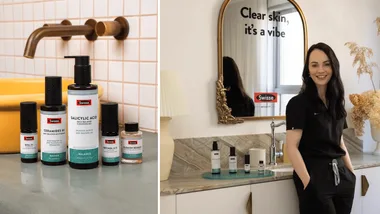Many will be familiar with the annual summer-to-autumn skin transformation; the time when your face slowly transitions from an oily haven to a dry and flaky desert.
It’s no pleasant occurrence, yet it happens to (practically) all of us. After falling into a strong humidity-considerate skincare routine, feelings of frustration may arise when your good and trusty regimen starts to fail you.
WATCH: Margot Robbie autumn makeup. Article continues after video.
Alas, in the Australian climate, our faces bare it all. But don’t let dryness or dullness get you down!
Considering the change in seasons can wreak serious havoc on the skin, WHO consulted with founder of Evidence Skincare, Dr Ginni Mansberg to chat all things autumn/winter skincare.
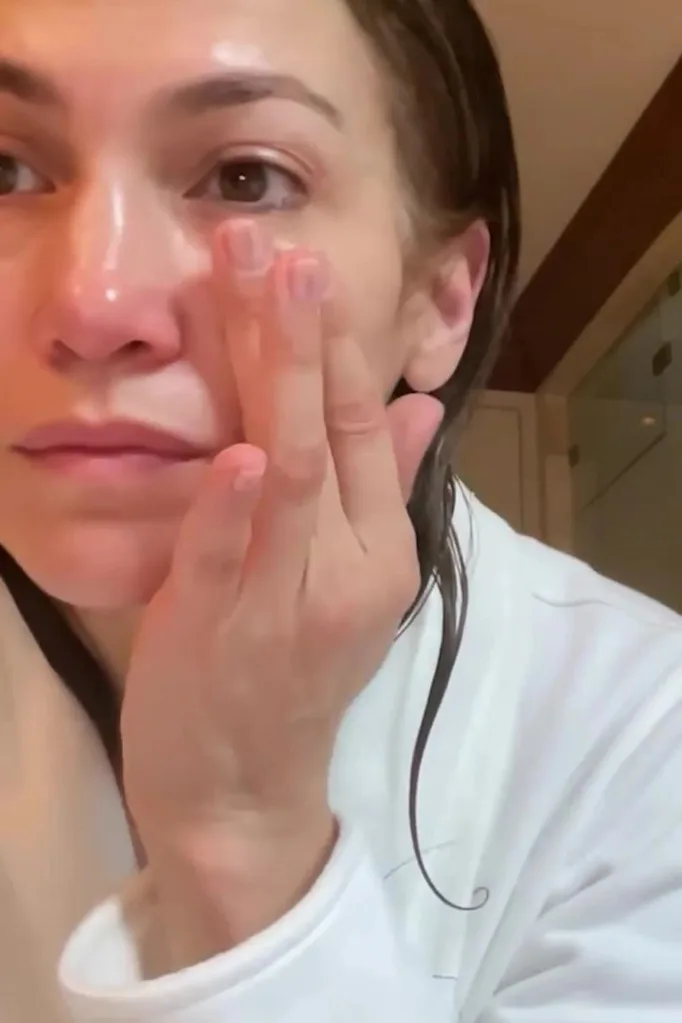
Why does the skin become dry in the cooler months?
According to Dr Mansberg, the skin becomes drier in winter due to lower humidity.
This “reduces the water content of the stratum corneum (the outermost layer of the epidermis/top layer of your skin”.
“It seems that in trying to stay warm, blood is drawn away from your skin, towards the body, leaving the skin less nourished and hydrated,” she continued.
Hence, the all-too-familiar feelings of dryness and dehydration – not to mention dullness.
How to care for your skin during the autumn/winter seasons
As our skin starts to adjust to the changing seasons, it’s important that you also adjust your care routine accordingly. Dr Mansberg shared her top five tips with us…
1. Wear sunscreen, even in winter.
You’ve heard it time and time again but, need we remind you… wear your sunscreen! Daily. And, yes, that means in winter too.
“The sun’s UV rays are pro-inflammatory which can make dry itchy skin feel worse. The best option is using a sunscreen, every single day,” Dr Mansberg says.
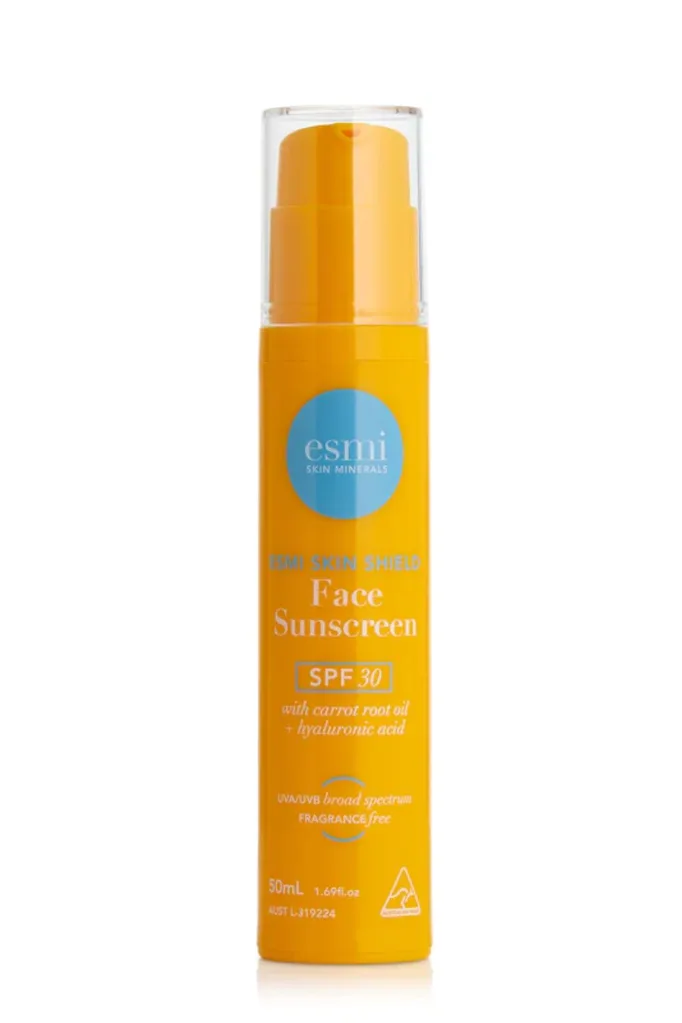
esmi Skin Shield Sunscreen, $45 at Sephora
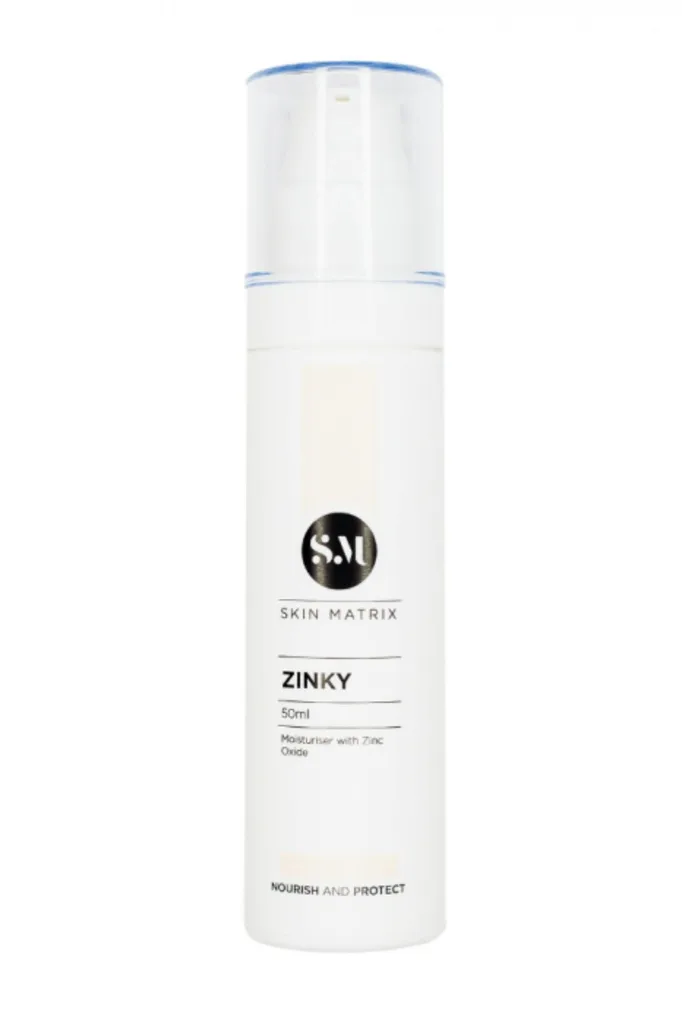
Skin Matrix Zinky Moisturiser with Zinc Oxide, $62 at Skin Matrix
2. Incorporate niacinamide
Vitamin B3 (niacinamide) is your skin barrier’s best buddy. Helping to reduce trans-epidermal water loss, Dr Mansberg says the ingredient helps reduce inflammation, antioxidants and skin barrier repair.
3. Add ascorbic acid
Known as the evidence-based form of vitamin C, ascorbic acid “can help with skin hydration as well as having powerful anti-aging properties,” according to Dr Mansberg.
Its anti-inflammatory properties can also help reduce dryness.
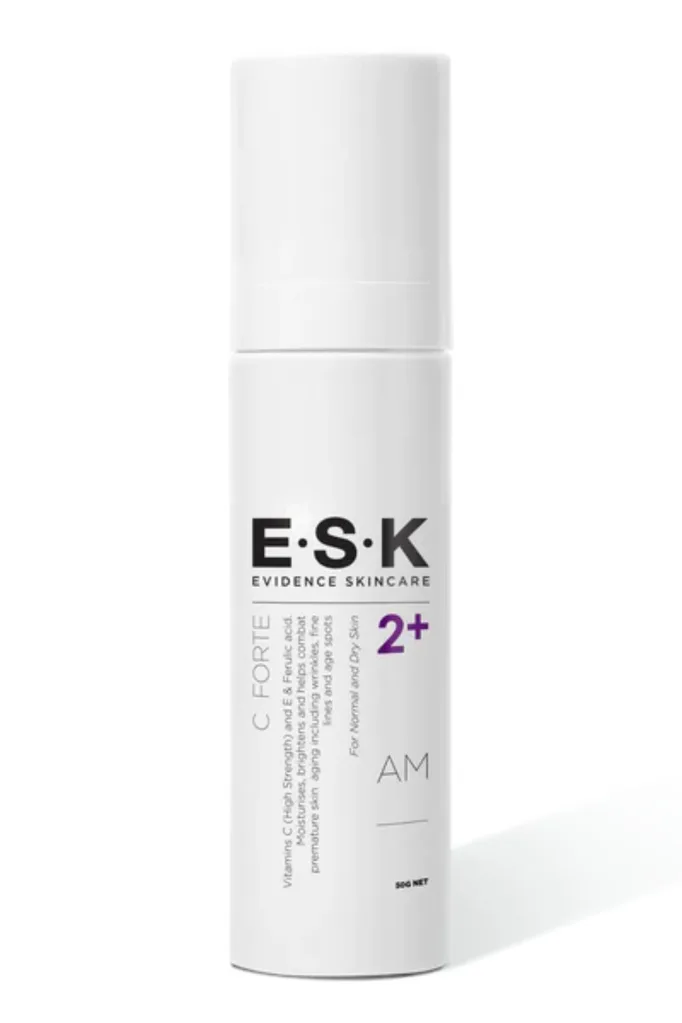
E.S.K C Forte Serum, $95 at Evidence Skincare
4. Look for ceramides
Ceramides are a hot ticket in the skincare industry as of late – and for good reason.
“They’re the essential building blocks in your own skin barrier and they tend to decline with age but also in winter,” Dr Mansberg said.
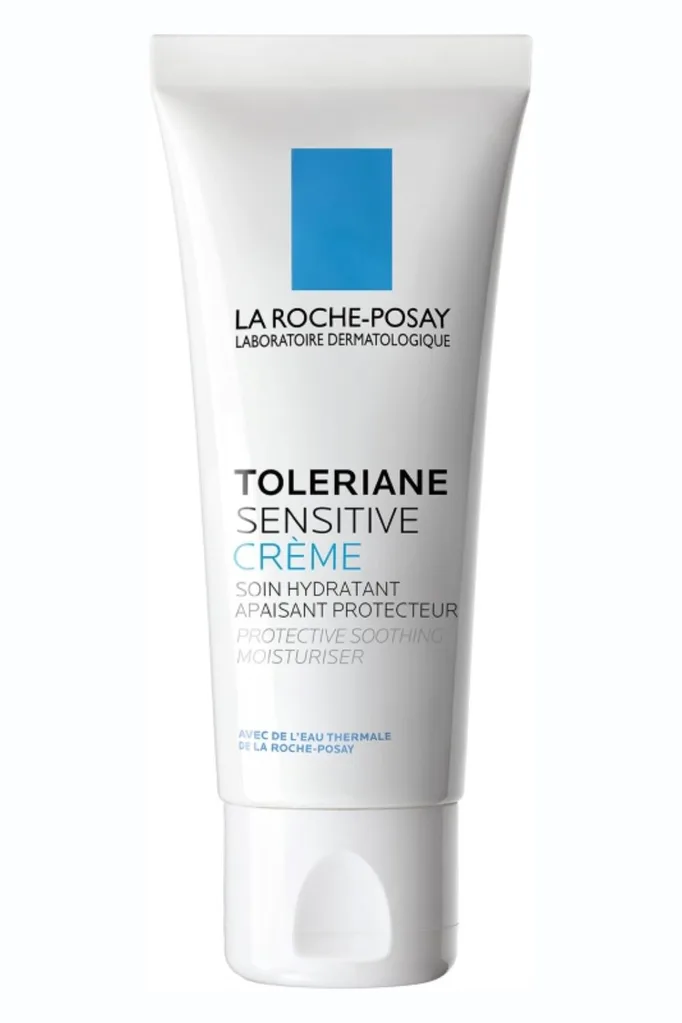
La Roche Posay Toleraine Sensitive Cream, $33.95 at Adore Beauty
5. Amp up the hyaluronic acid
“A key component of the scaffolding of the skin,” hyaluronic acid is “essential for wound healing” and “elasticity”.
With the ability to bind water molecules over 1000 times its own weight, hyaluronic serums or moisturisers can create a moisture-retentive barrier on the skin, increasing overall hydration as result.




